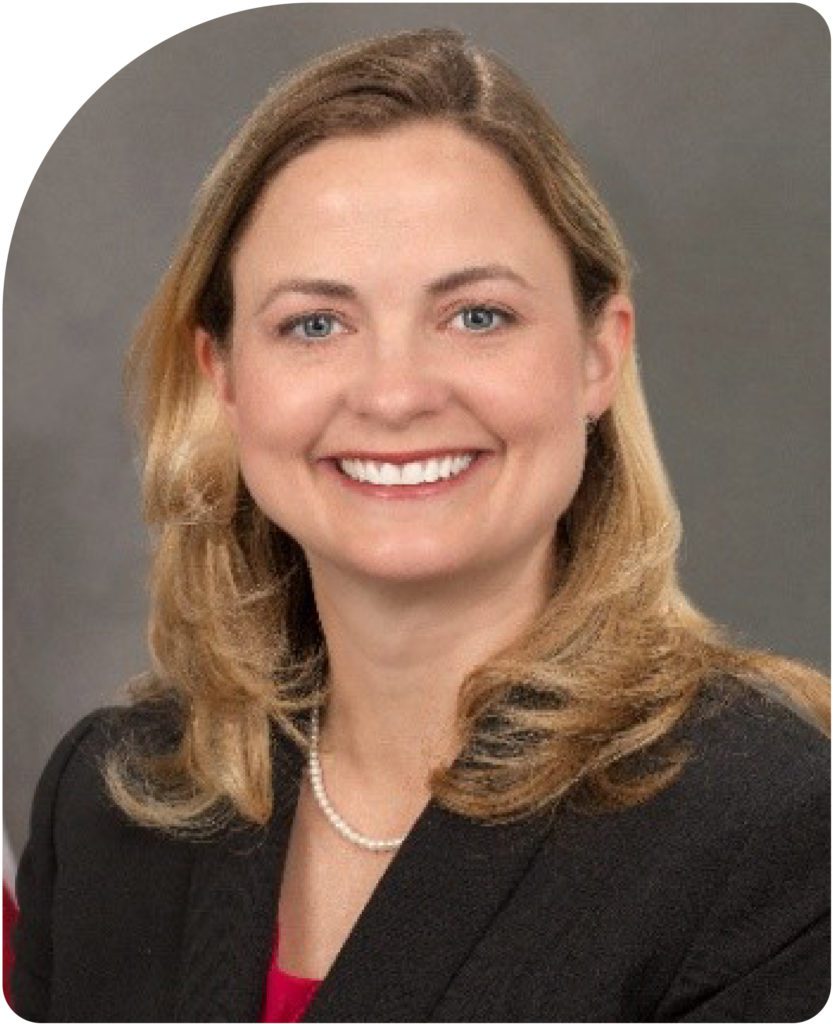December 28, 2021
Listen Now or on Your Favorite Podcast Platform
The Problem
The Fair Labor Standards Act of 1938 did a few important things. It established a federal minimum wage and enacted child labor laws, to name a few. It also contained Section 14(c), which was intended to encourage companies to hire disabled veterans returning from war. But 14(c) has become a way for companies to pay employees with disabilities less than minimum wage. Why is this still a legal and in-use practice?
Join Michael and Holly as they hear from Sunny Cefaratti, co-founder of The Musical Autist. Sunny gives her account of the eight years she spent in a sheltered workshop making less than minimum wage. They then talk with Serena Lowe, Senior Director of LTSS Programs at CareSource. Serena gives more background on Section 14(c). She also gives insight into what sheltered workshops are like for thousands of Americans with disabilities.
What We Can Do About It
It’s easy to get paralyzed by the feeling that we can’t make a difference. But helping out can be a lot simpler than we think.
Step 1: Advocate for Equal Employment
If you are a schoolteacher, social worker, or counselor, you have a responsibility to ensure that every option is explored. The capabilities of people with disabilities need to be fully realized. Maybe you aren’t directly involved in hiring at your workplace, but we all know teachers, social workers, and people in human resources. You still have a responsibility to talk about this issue with them!
Step 2: Contact your representative about Section 14(c)
If our members of Congress know that their constituents care about an issue, they are more likely to do something about that issue. The Transformation to Competitive Integrated Employment Act (H.R. 2373) was introduced in April 2021. Contact your representatives and tell them to support H.R. 2373. Let them know that Section 14(c) needs to be eliminated!
Here are four essential tips for calling a member of Congress:
- Write out what you are going to say and have it in front of you when you call
- Identify yourself and ask for a legislative assistant
- State the reason for your call – keep it short and support it with facts
- Be courteous and thank the staffer for taking your call about this issue
Step 3: Support Collaboration to Promote Self-Determination
Collaboration to Promote Self-Determination (CPSD) is a leading national advocacy coalition made up of organizations, disability services agencies, and individuals. They have come together to create a world where every adult living with disabilities has the opportunity to lead an independent life through self-determination. They are actively working to eliminate Section 14(c) while also building systems to encourage integrated employment.
Boom. You’ve made a difference.

Sunny’s Story
Laura-Sun “Sunny” Cefaratti was born in South Korea and was adopted by her family in the United States at age two. She has been completely blind since birth, and she was also diagnosed with autism in 2001. After graduating from Maryland School for the Blind, Sunny spent the next eight years working in a sheltered workshop.
Using her gift of perfect pitch, Sunny sings and plays numerous instruments. She frequently performs at nursing homes and in the praise band at her church. She co-founded The Musical Autist to help those with autism to express themselves musically. They host sensory-friendly concerts and empowerment jam sessions. Sunny also runs her own business, Sunshine Music and Speaking, which enables her to sing, speak, perform, and advocate.
Serena’s Story
Dr. Serena Lowe has dedicated her life to making changes that will help people with disabilities and other at-risk populations. One of her most notable contributions was serving as a Senior Policy Adviser for both the U.S. Department of Labor’s Office of Disability Employment Policy and the Administration for Community Living within the U.S. Department of Health and Human Services. She also served as the first Executive Director of the Collaboration to Promote Self-Determination.
Dr. Lowe currently works at AnereS Strategies LLC, a consulting agency that works to improve the socioeconomic advancement of individuals with multiple barriers. She is the founder and prime consultant. She is also the Senior Director of Long Term Supports and Services at CareSource, a not-for-profit managed Medicaid entity.

Get More Information on Section 14(c), Subminimum Wage, and Sheltered Workshops
Current Advocacy and Studies
- U.S. Department of Labor – An up-to-date list of all employers who hold or have applied for a 14(c) certificate.
- Journal of Vocational Rehabilitation – This 2008 study found that supported employment was more cost-effective than sheltered workshops.
- Disability, Handicap, & Society – A 2007 study found that most people with disabilities want to work and be productive members of society.
- Journal of Occupational Rehabilitation – Another study showed the low employment rate of people with disabilities is not due to their reluctance to work, but rather other barriers.
Facts About Subminimum Wage
- U.S. Department of Labor – A fact sheet about 14(c) of the Fair Labor Standards Act (FLSA).
- United States General Accounting Office – Sheltered workshops employed about 95% of all 14(c) workers as of 2001.
- Georgia State University Law Review – People with disabilities in sheltered workshops often are tasked with busy work such as folding and unfolding newspapers.
- Public Interest Law Reporter – “The lack of a true minimum wage for many workers with disabilities keeps them in a life of perpetual poverty.“
- Disability Scoop – New Hampshire, Maryland, and Alaska have all passed their own laws preventing employers from paying less than minimum wage.
Subminimum Wage in the News
- The Daily Show with Trevor Noah – The Subminimum Wage Disability Pay Loophole episode aired on October 21, 2021.
- Illinois Times – This detailed article covers the history of abuse in 14(c) with the Henry’s Turkey Farm incident. It also covers other aspects of the law and its affects on Illinoisans.
- Kare11 – Some Minnesotans with disabilities earn less than minimum wage; meet the advocates working to change that.
- Spectrum News 1 – This article discusses the impact eliminating 14(c) would have on a New York business that currently employs 80 workers under the waiver.
- Disability Scoop – From April 2021, this article discusses H.R. 2373, a bill currently in Congress, that would eliminate 14(c).
